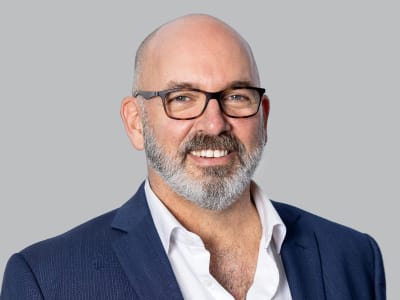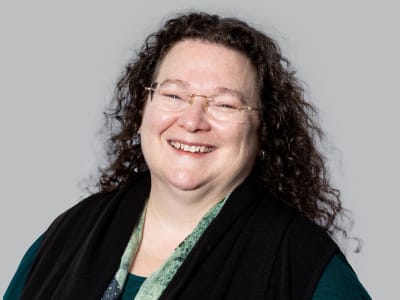The new 2024 NDIS pricing arrangements have been released - with few if any surprises.
That said, there are some changes that could impact your NDIS business.
Here’s an overview of the what is staying the same, the changes and the potential ramifications.
The continuations
The underlying assumptions of the cost-price model remain the same as before, (including the same tight parameters).
These include:
- Wage rate – continues to be based on the SCHADS (Social, Community, Home Care and Disability Services) Award pay point 2.3 for a community support worker.
- Overheads – operational overheads to remain at 21.65%, and corporate overheads at 12% of direct costs.
- Margin – stays at 2% as before.
Other factors that remain much the same include:
- Therapies – no changes to pricing for therapy services (other than psychology). This was not unexpected as the NDIS Review already indicated this role would change to that of a Navigator (a specialist in helping participants navigate NDIS supports and services).
- Support Coordination – no pricing increases for these services, with the exception of Level 1 (standard supports). However Level 1 represents less than 5% of expenditure and so is not likely to be highly significant.
- Short-term cancellations – applies where a participant does not come to appointments. It remains at seven days for DSWs (Disability Support Workers) services. However, it is changing for non-DSWs.
The changes
1. Temporary loadings removed
- The 2% loading included in the cost-price model of 2022 to allow for the effect of COVID and SCHADS Award increases was reduced to 1% in 2023-24, and has now been removed entirely.
- The Temporary Transformation Payment (TTP) was introduced in 2019-20 at 1.5% above the standard rate to assist support providers transition to the NDIS. This payment can no longer be claimed by providers.
2. Psychology services
Pricing for these services has been increased by approximately 4%.
The new hourly price limits are $222.99 for services in in the eastern states and territories, and $244.22 for Western and South Australia, Tasmania, and the Northern Territory. There may also be higher limits for remote areas.
3. Appointment cancellations for non-DSWs
While this remains at seven days for DSWs, it has changed to two days for non-DSW supports.
The potential impacts on NDIS providers
It remains crucial to assess how NDIS price changes could affect your business.
Here are some of the financial effects:
- An effective price reduction of $0.68 per chargeable hour due to removal of the temporary loading.
- Removal of the TTP results in a 1.5% reduction in pricing, which translates to $1.01 per chargeable hour.
The above scenarios show that removal of both temporary loadings for disability will result in a decrease in the hourly chargeable rate of $1.69 for providers that qualified for both. This potentially represents more than half of the margin being earned per hour.
These financial changes could mean that NDIS businesses need to cut overheads in order to compensate for potential reductions in income.
In addition, there have been no changes to pricing for therapy (other than psychology) since 2019, or for support coordination since 2020, despite the ongoing SCHADS wage increases during that time. This situation can in turn increase financial pressure for providers.
But finances are not the only pressures. Reducing the short-term cancellation period from seven to two days for non-DSW supports might be better for participants. However, it increases the pressure on providers to replace appointments within a two-day timeframe and manage frequent cancellations.
Time pressure could also be a factor – as providers will need to update their billing and record keeping systems and service agreements to reflect the changes in support item prices.
Call RSM for assistance
RSM can help you navigate the price changes, update your systems, reduce overheads and better manage your finances. Please get in touch with Kirsy McGovern-Hooley or Andrew Sykes to find out how.






